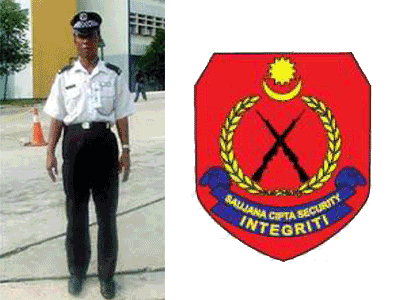Residential security is a critical component of any personal security program. The following guidelines should be used in reviewing your residential security.
All entrances, including service doors and gates, should have quality locks--preferably deadbolt.Check your:
Front Door
Rear Door
Garage Door(s)
Service Door(s)
Patio Door
Sliding Glass Door
Gate
Swimming Pool Gate
Guest House Door(s).
Don't leave keys "hidden" outside the home. Leave an extra key with a trusted neighbor or colleague.
Keep doors locked even when you or family members are at home.
Have window locks installed on all windows. Use them.
Lock louvered windows--especially on the ground floor.
Have locks installed on your fuse boxes and external power sources.
If you have window grilles and bars, review fire safety. Don't block bedroom windows with permanent grilles if the windows may be used for emergency egress.
If you have burglar or intrusion alarms, check and use them.
Keep at least one fire extinguisher on each floor, and be sure to keep one in the kitchen. Show family members and household help how to use them.
Periodically check smoke detectors and replace batteries when necessary.
Keep flashlights in several areas in the house. Check the batteries often, especially if you have children in your home. (They love to play with flashlights!)
A family dog can be a deterrent to criminals. But remember, even the best watch-dog can be controlled by food or poison. Do not install separate "doggy doors" or entrances. They also can admit small intruders.
Choose a location that offers the most security. The less remote, the safer your home will be, particularly in a neighborhood close to police and fire protection.
Know your neighbors. Develop a rapport with them and offer to keep an eye on each other's homes, especially during trips.
If you observe any unusual activity, report it immediately to your RSO.
Establish safe family living patterns. If you understand the importance of your contribution to the family's overall security, the entire household will be safer.
While at home, you and your family should rehearse safety drills and be aware of procedures to escape danger and get help.
Educate family members and domestic help in the proper way to answer the telephone at home.
Vary daily routines; avoid predictable patterns.
Know where all family members are at all times.
Use these same guidelines while on leave or in travel status.
